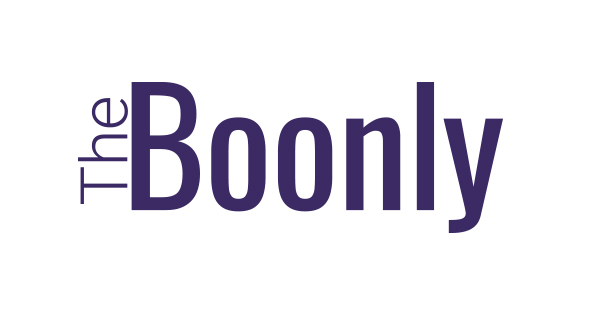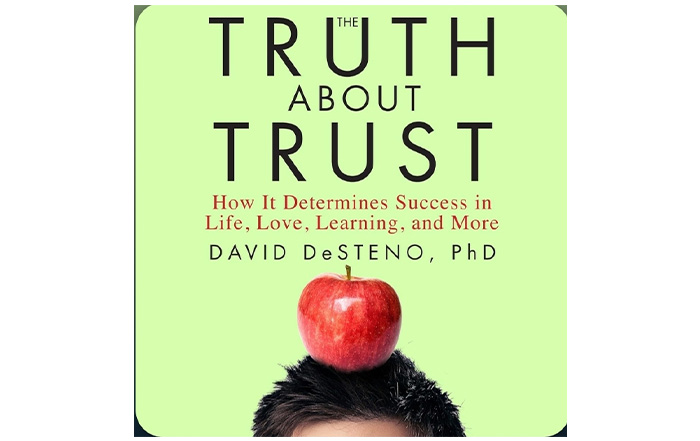Where to find this idea:
The Truth About Trust: How It Determines Success in Life, Love, Learning, and More by David DeSteno
How can I trust you?
It’s the question that strikes at the heart of human connection. Whether we’re talking about business partnerships, romantic relationships or digital spaces, trust is the bedrock of all human interaction. Without it, we’d be left in a chaotic world of suspicion and isolation.
Still, how can I trust you?
Well, trust is a bet. Trusting someone means taking a risk. A risk of making something valuable to you vulnerable to another person’s actions. You willingly become vulnerable expecting positive intentions or behavior from others.
But why would I take a risk?
Because, on average, the potential benefits from trusting outweigh the potential losses. We choose to trust others because we need them, and they need us. You trust a doctor because you need them to cure you.
So, how do I know if someone is worthy of my trust?
Trustworthiness is not a static innate characteristic. As David DeSteno points out in his book The Truth about Trust, the question shouldn’t be if someone is trustworthy, it should be if they’re trustworthy right now. Someone might have a good reputation, but that alone is not enough. We need to examine their motives and incentives. Not only is trustworthiness context-dependent, it’s also a blend of many traits (way more than just honesty). Trustworthiness means integrity, competence, and empathy. It means making mistakes, but admitting when you’re wrong. It means being vulnerable, and showing that you care.
In every interaction, you’re gambling on your ability to read someone’s mind. And in the very end, you need to trust yourself that your judgment about someone else’s trustworthiness is right (how meta, huh).
But how do I trust myself?
Well, that’s a topic for another issue of this newsletter. For now, one thing is sure — if no one wanted to risk, we wouldn’t exist.

